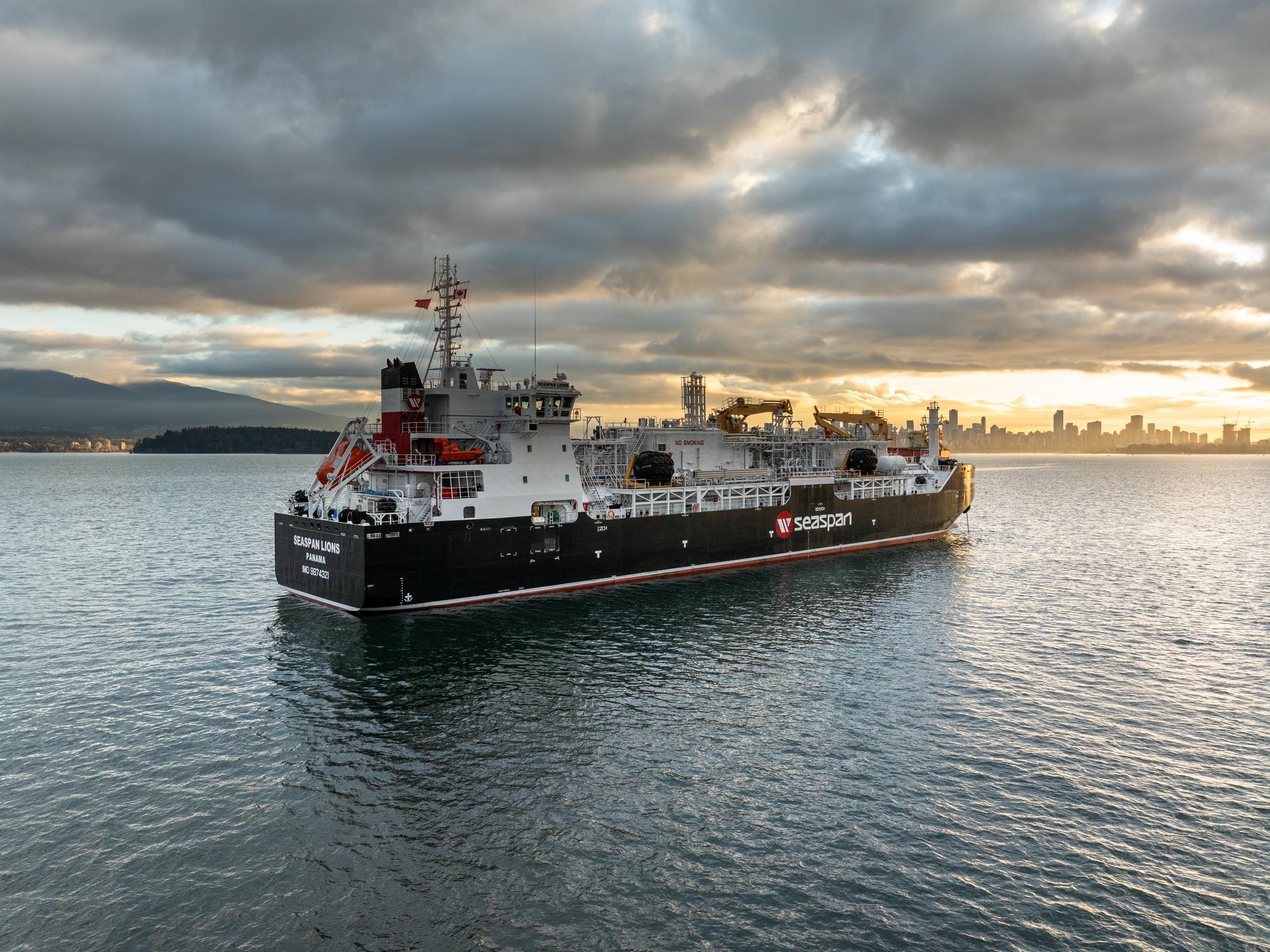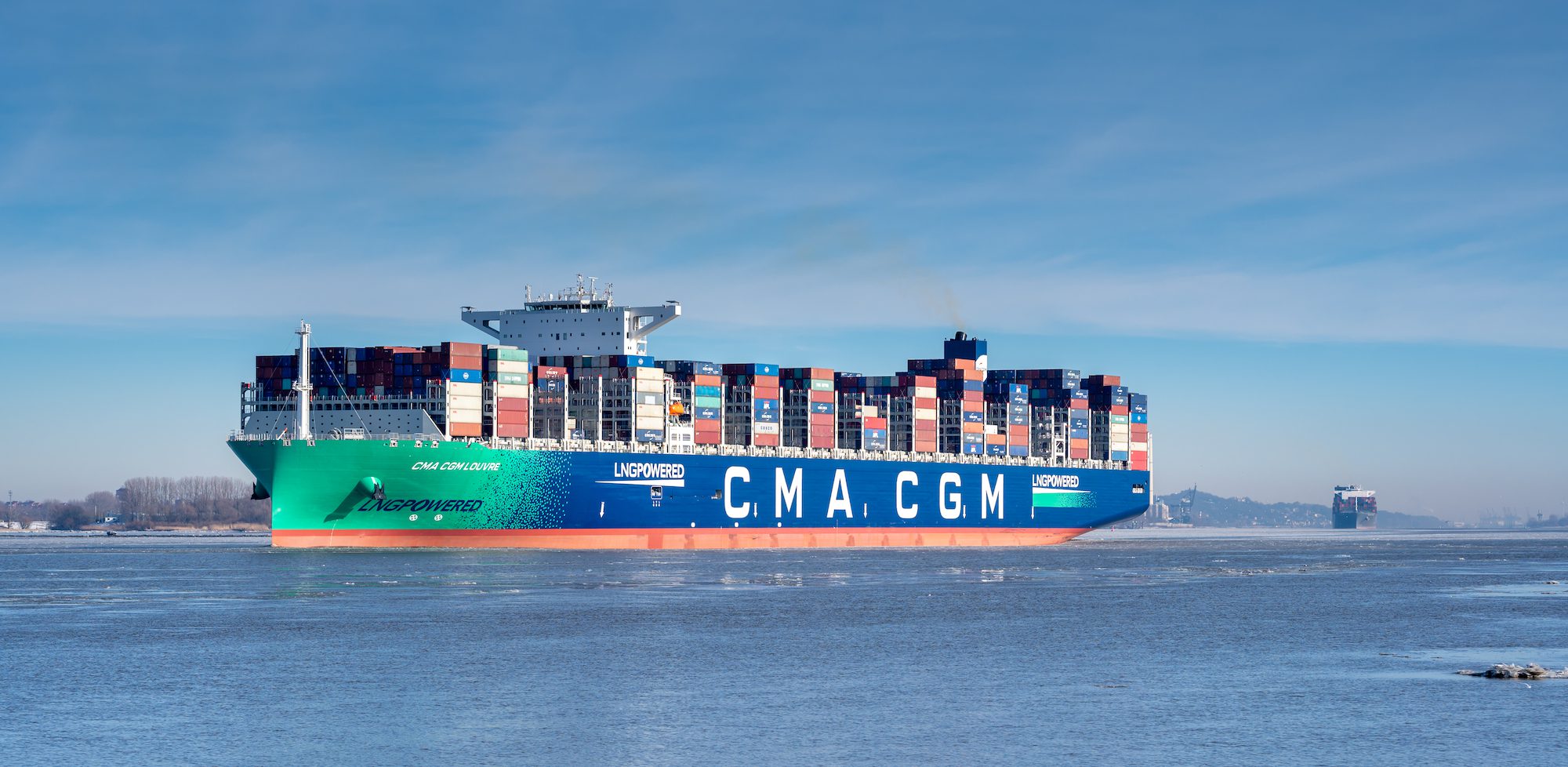Seaspan Energy and Anew Climate have established a strategic partnership to deliver renewable liquefied natural gas (R-LNG) to maritime customers along the North American West Coast, marking the first service of its kind in the region.
Under the agreement, Anew Climate will supply renewable natural gas (RNG) certified by the International Sustainability and Carbon Certification (ISCC) and provide pre-audit services to Seaspan for ISCC certification. The certified R-LNG will comply with global regulatory frameworks including the International Maritime Organization’s Net-Zero Framework and the European Union’s FuelEU Maritime Regulation.
This initiative builds upon Anew Climate’s previous experience with bio-LNG bunkering, having facilitated the first such operation in the United States in 2021 when the company was known as Element Markets.
Seaspan Energy, a subsidiary of Seaspan ULC, is already established as a market leader in ship-to-ship LNG bunkering on the West Coast. The company has already completed ship?to?ship LNG transfers in Vancouver and Long Beach. Seaspan hasn’t officially confirmed the specific port for the renewable LNG launch. The partnership will enable Seaspan to expand its portfolio to include ISCC-certified R-LNG at scale.
“At a time when global shipping is under pressure to decarbonize, this partnership brings together two innovators committed to advancing sustainable solutions,” said Andy Brosnan, President of Anew Climate Low Carbon Fuels. “By combining Anew’s expertise in RNG with Seaspan’s marine logistic capabilities, we’re offering a market-leading approach to help shipowners meet evolving emissions requirements and reduce their environmental impact without compromising performance.”
Harly Penner, President of Seaspan Energy, added: “We’re proud to collaborate with Anew Climate to forge a new path for lower-carbon marine fuel. This partnership supports our goal to provide cleaner energy solutions to the maritime industry and demonstrates our dedication to innovation and environmental leadership.”
The initiative aligns with emerging guidance from the IMO, which has preliminarily approved measures to encourage emissions reductions through alternative fuels like R-LNG. Both companies will work together to identify and develop commercial opportunities that promote the adoption of lower-carbon fuels throughout the region.
Editorial Standards · Corrections · About gCaptain

 Join The Club
Join The Club











